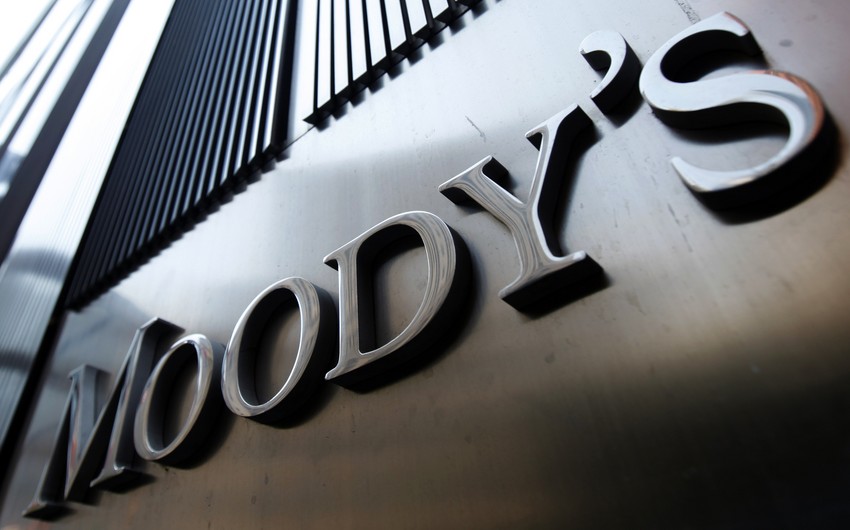Baku. 25 July. REPORT.AZ/ Last Thursday, Azerbaijan’s (Ba1 negative) State Statistical Committee reported that year-over year GDP contracted 3.2% in the second quarter of 2016 following a 3.6% decline in the first quarter and a 6.5% contraction in the fourth quarter of 2015, Report informs Moody's International Agency writes.
"Three consecutive year-over-year quarterly declines in GDP are credit negative and reflect the severity of Azerbaijan’s economic, currency and banking crisis triggered by weak oil prices and the sharp devaluation of the local currency, the manat. Moreover, the contraction in real GDP is driving fiscal deficits higher, which is raising the government’s debt burden. Year-over-year economic activity in non-oil sectors, the backbone of Azerbaijan’s formerly strong growth, contracted 6.1% in the first six months of the year, while the oil sector grew by 2.1%.
The main driver of the decline in economic activity in the first half was the 33.6% contraction in construction. Cargo transportation also contracted 2.3%, which was partly offset by a 13.7% expansion in information and communication services and 2.4% growth in non-oil industrial production. Retail trade, following average growth of 11.7% over the past five years, slowed to 1.9% growth in the first half" the report says.
"The data are in line with our forecast of a 3.3% decline in real GDP in 2016. We expect real GDP growth to be around 30% in 2017 owing to a recovery in domestic demand amid the slowdown in inflation.
The sharp decline in construction (9% of gross value added as of the end of 2015 down from 16% a year earlier) is a result of the government’s cuts in capital spending and the contraction in lending. Following the decline in oil prices, Azerbaijan entered a stage of economic, fiscal and external readjustment. The policy response, particularly the decision to devalue the manat, helped to contain the effect of low oil prices, but exposed the banking system to a currency mismatch because deposits are more dollarized than loans. As borrowers with local-currency incomes found it more difficult to repay foreign-currency loans, the devaluation damaged banks’ asset quality and profitability. Further stress on the banking system occurred as the depreciation led to the loss of depositors’ confidence and deposit outflows, forcing a decline in lending. The weaker manat has also led to high inflation, reducing real income", the agency writes.
"According to the State Statistical Committee, inflation remained elevated at 10.5% on average in the first half of 2016. For this reason, we expect household spending to be subdued this year and recover only slightly in 2017 as inflation slows.
These developments highlight the economy’s severe adjustment to lower oil prices. With roughly 90% of exports, 60%-70% of consolidated government revenue and 50% of real GDP, Azerbaijan’s economy is one of the most exposed to oil price volatility. In addition, the contraction of real GDP is driving fiscal deficits higher, raising the government’s debt burden. We expect the sovereign’s debt/GDP ratio to reach 29.6% this year, up from 11.2% in 2014", the report declares.


 https://static.report.az/photo/5ff956b6-db5b-44e0-b432-a4c026677870.jpg
https://static.report.az/photo/5ff956b6-db5b-44e0-b432-a4c026677870.jpg

